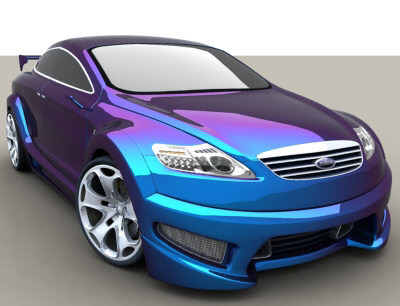
The new Chevrolet Volt extended-range electric car is doing its part in improving the environment by making the best use of the oil that was spilled into the Gulf of Mexico from the BP Deepwater Horizon rig. To explain, General Motors has began recycling oil-soaked plastic booms from the notorious spill into components for the Volt.
The Detroit-based automaker said it has developed a method to convert an estimated 100 miles of the material off the Alabama and Louisiana coasts into more than 100,000 pounds of plastic resin that will be used for parts that deflect air around the vehicle’s radiator.
These parts are comprised of 25 percent boom material and 25 percent recycled tires from GM’s Milford Proving Ground vehicle test facility, with the remaining percentage covered by a mixture of post-consumer recycled plastics and other polymers.
“Creative recycling is one extension of GM’s overall strategy to reduce its environmental impact,” said Mike Robinson, GM vice president of Environment, Energy and Safety policy. “We reuse and recycle material by-products at our 76 landfill-free facilities every day. This is a good example of using this expertise and applying it to a greater magnitude.”
If GM hadn't used the oil-soaked booms for parts, they would have been incinerated or sent to landfills.
“This was purely a matter of helping out,” said John Bradburn, manager of GM’s waste-reduction efforts. “If sent to a landfill, these materials would have taken hundreds of years to begin to break down, and we didn’t want to see the spill further impact the environment. We knew we could identify a beneficial reuse of this material given our experience.”
According to the automaker, the ongoing project is expected to create enough plastic under hood parts to supply the first year production of the new Chevy Volt.
_______________________________GALLERY_______________________________












